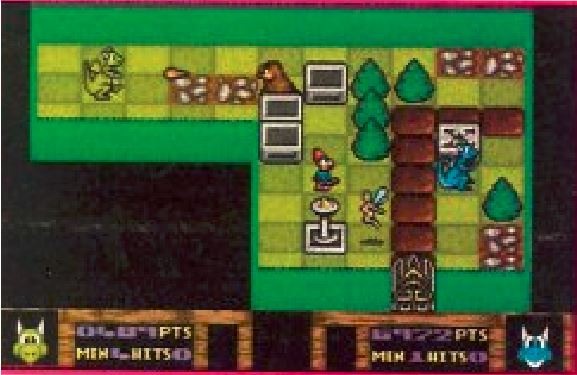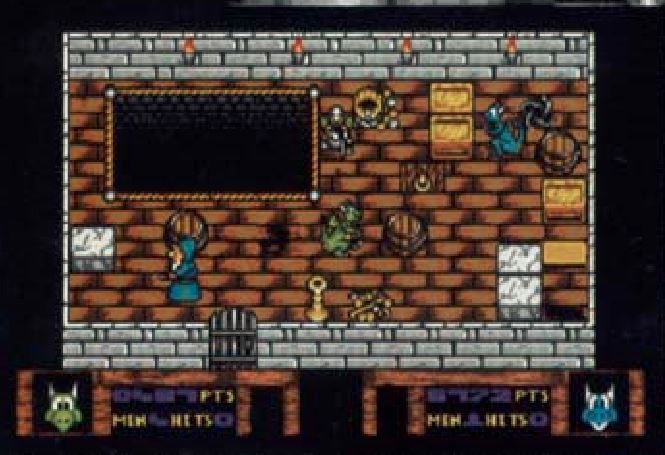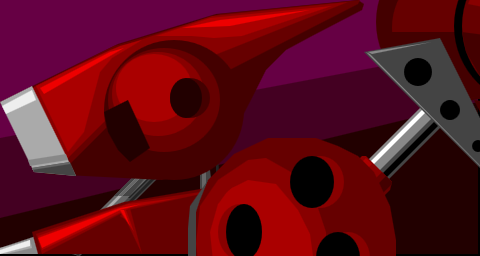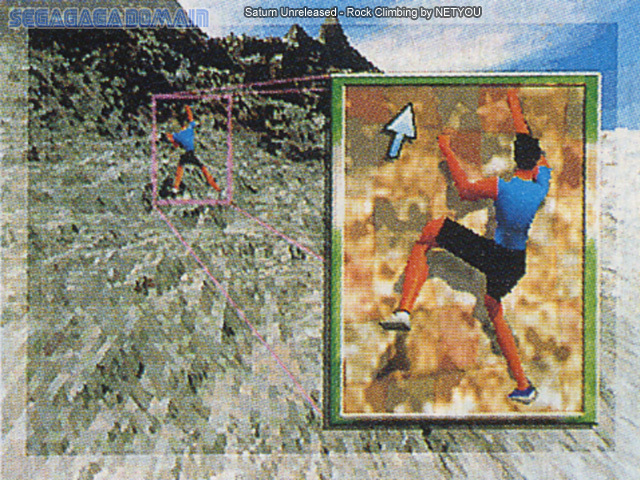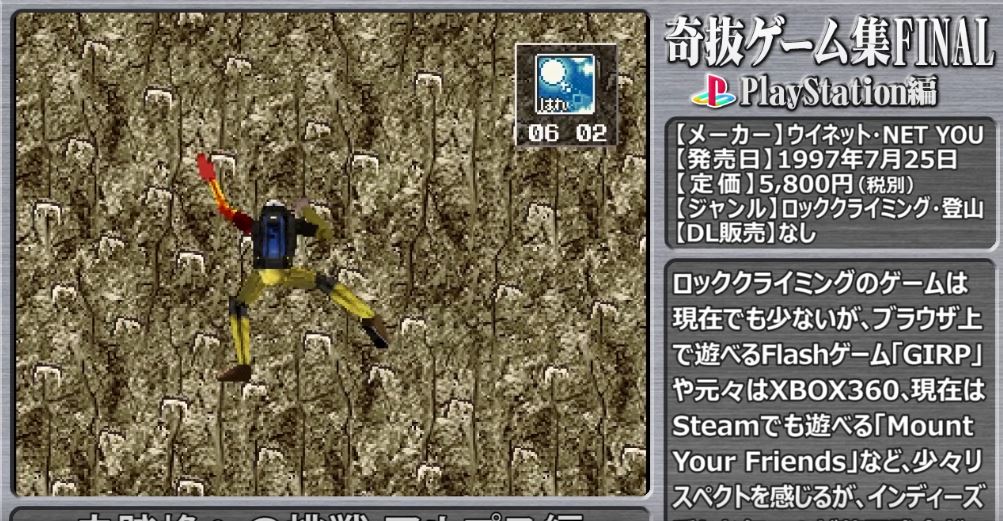The 16-bit era brought many new possibilities into design and artistic fields on gaming. Colorful sprites, rich and fluid animation, stereo sound and many new features graced a period that for a long time was considered the most important for the video game industry.
One of the biggest hook for consumers in the 80’s and 90’s was the extensive licensed material. These decades would change video games forever as companies were beginning to understand it as a communication channel, more than just an electronic toy. Soon, adaptations from cartoons, anime, movies, comic books, novels and pretty much everything began to pop through. It was the “make a game of that” philosophy.
This means that game designers worked day and night to figure out how to work with whichever hardware came around, in every way possible to make something popular, playable. Sometimes this meant that something great was coming, sometimes it was just excuse to make more profit with a famous brand.
A video game based on japanese anime RPG Densetsu Hepoi was in the makings for the Sega Mega Drive / Genesis System.
The only source available about this unseen game is a scan from a japanese magazine called Beep Mega Drive, dated 1991, which show us two screenshots, revealing the use of top-down perspective. Also, a map drawn for the game and anime was shared on Twitter by a former artist. We can also deduce by the menu displacement that it had classic j-rpg gameplay, including text-based actions, dialogues and multiple characters to use.
The game was also being co-produced by Sega.
Unfortunately we don’t know much more about this cancelled Mega Drive RPG: it quietly vanished forever with no official explanation. It remains one of the many lost 16bit games which will forever be forgotten by the majority of gamers all around the world.
Images:

